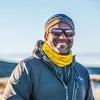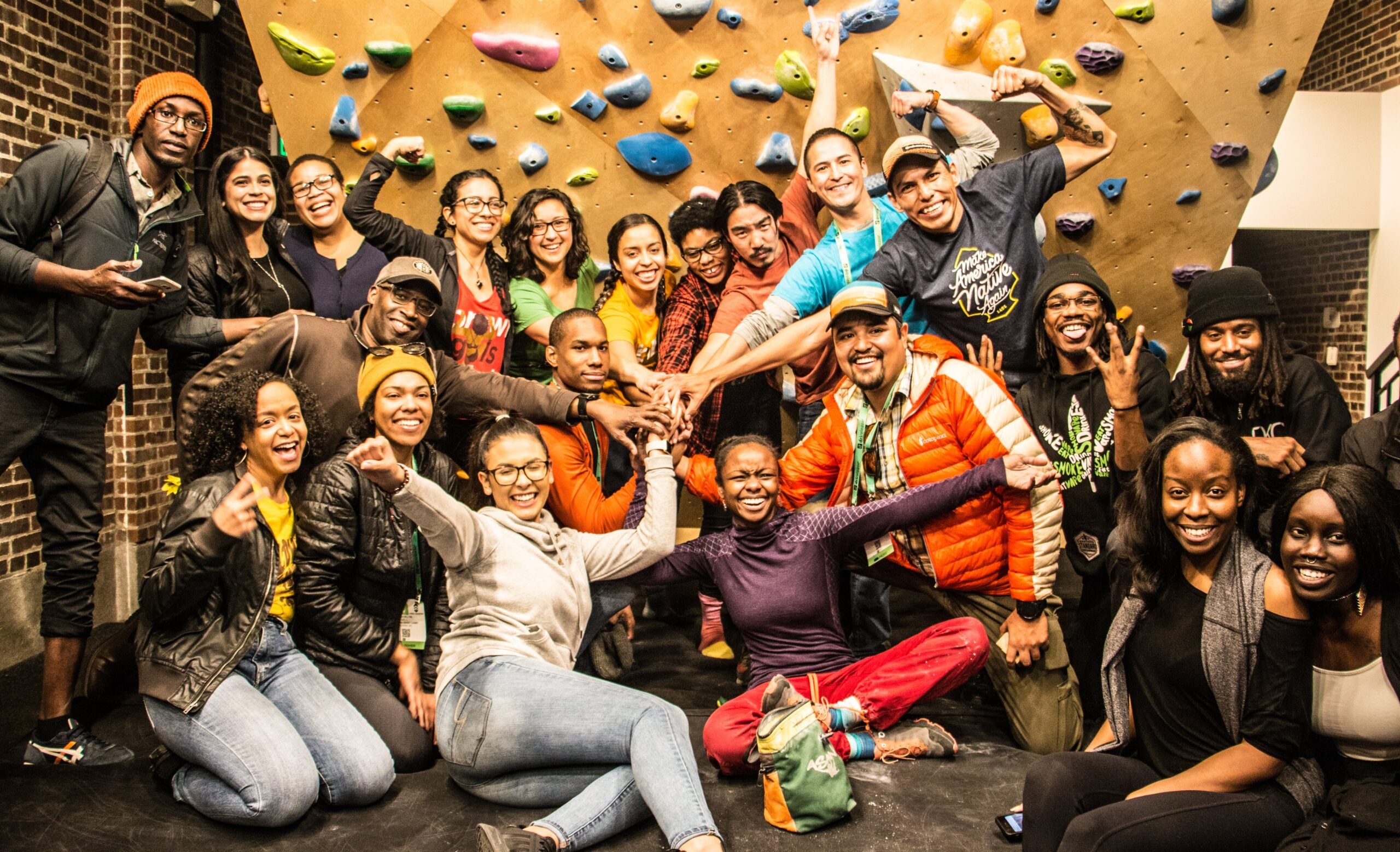For almost a decade, industry professionals have wrung their hands over issues of diversity in outdoor recreation. Data from the 2010 U.S. Census formally revealed a demographic reality that many suspected, but few believed to be inevitable. The population is shifting. As communities of color continue to grow in number, it is estimated that people of European descent in this country will no longer be the majority by 2042.
In an industry whose primary customer base—namely middle to upper class, college educated white people—is demonstratively shrinking, Teresa Baker, the founder of African American Nature and Parks Experience, says that increased diversity is critical to the survival of the outdoor recreation business.
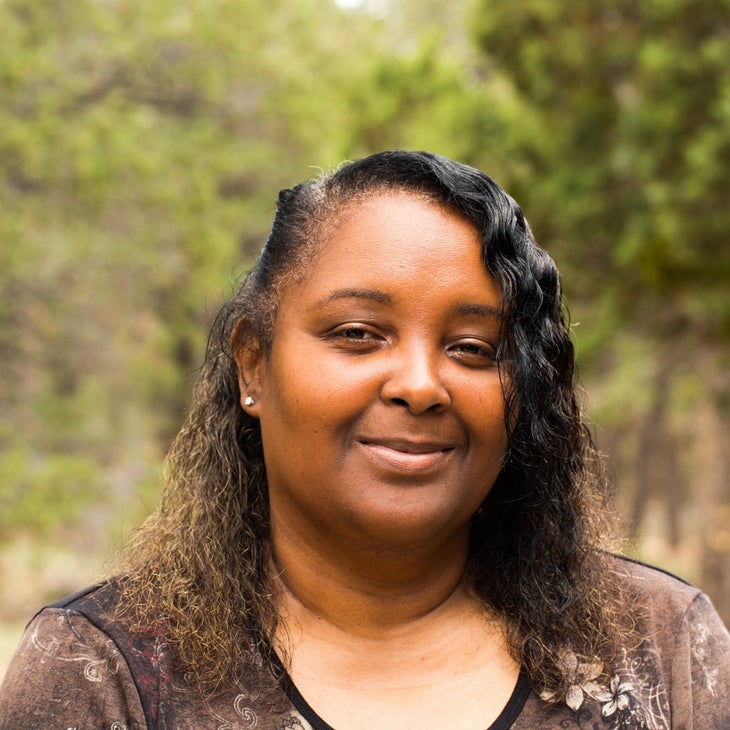
That’s why Baker will be walking the aisles at Outdoor Retailer Summer Market next week, seeking signatories for her new Outdoor Industry CEO Diversity Pledge. The Pledge compels outdoor executives to create, promote, and enforce policies that expand the diversity, equity, and inclusion of their employees, board members, and customers.
In the hopes of bringing underrepresented segments of the population into the community of outdoor enthusiasts, which include people of color, the disabled, veterans, low income families, and those who identify as LGBTQ, Baker aims to expand the community of environmental stewards who will advocate for the protection of the natural world.
“The reason I do this is for the environment,” Baker said in an interview. “A lot of people overlook that we are fighting for these outdoor spaces. There are so many attacks on our public lands that we need more faces involved in fighting off these threats. The more faces the better chance we have of countering some of these very public fights that are taking place.”
Crafted by a small committee of environmental activists, and written by Chris Perkins, a master’s degree candidate at the Yale School of Forestry, the document defines the steps outdoor industry companies can take to better represent a broad cross section of the American public. Making a business case for diversity, equity, and inclusion (DEI) in the outdoor industry, Baker hopes to encourage the preservation of public land by growing the constituency of those who use it for recreation.
First, There was Camber Outdoors’ CEO Pledge
In 2015, Camber Outdoors issued a similar challenge to the outdoor industry, the CEO Pledge, which asked leaders to promote gender equity. The group made a compelling case for the inclusion of women as a long-term strategy to encourage productivity and innovation across the professional spectrum. More than 75 companies signed on, and since then, progress has been made.
Earlier last week, Camber announced a shift in its mission from, “Equality for all women in the outdoors, from the backcountry to boardroom,” to “Equity in the outdoors, from boardroom to backcountry,” also acknowledging the need for the outdoor industry to do more to diversify its ranks.
Camber’s Workplace Equity Working Group will formally launch at next week’s Summer Outdoor Retailer Show. The group plans to directly engage industry companies and institutions to explore the depths of their DEI efforts to make outdoor recreation more accessible to everyone.
Camber Outdoors’ executive director, Deanne Buck, said many of Baker’s principles, as outlined, seem to parallel Camber’s CEO Pledge.
“This Pledge is incorporating many of the tenets of the Camber Outdoors’ Pledge that was co-created by outdoor industry leaders over three years ago. Since that time, Camber Outdoors has stood shoulder-to-shoulder with our partner companies in their commitment to gender equity in the workplaces as a strategic business imperative,” Buck wrote in an email. “It is not easy work and takes trust and partnership. With the evolution of Camber Outdoors’ mission, the WEWG is the platform for the exchange of best practices identified in Teresa’s pledge and the evolution of the Camber Outdoors CEO Pledge to align with the mission.”
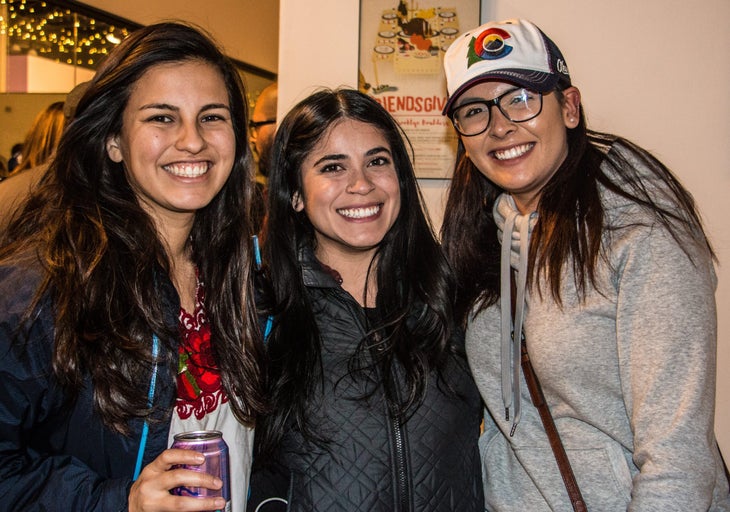
What Is the Diversity Pledge?
Baker’s document outlines four primary goals:
- Hire and support a diverse workforce and executive leadership
- Present marketing and advertising that is representative of the population at large
- Engage and support broadly representative ambassadors and athlete teams.
- Share best practices within the industry
Company leaders who sign the Diversity Pledge commit themselves to making changes to their business practices. They also agree to have these modifications verified by an outside observer and published for the general public to see. On the website diversifyoutdoors.com, curated by Danielle Williams of Melanin Base Camp, an advocate for diversity in outdoor recreation, visitors will have the opportunity to see and quantifiably evaluate a given company’s compliance with The Pledge.
“A lot of brands are already doing the work, we’re just not seeing it. This Pledge will help what they’re doing to be seen,” Baker said.
Marmot CEO Joe Flannery was the first to sign The Diversity Pledge. Flannery, who also signed Camber’s CEO Pledge, recognizes the value in appealing to a more diverse customer base. “Marmot has always worked to make high-quality gear that gives people confidence and comfort in the outdoors,” Flannery said in a written statement. “By signing on first to the pledge, we ensure that our efforts are inclusive to anyone who wants to go outside.”
Has the Outdoor Industry Reached a Tipping Point?
The Pledge is part of an emerging trend in the business world in general and the outdoor industry in particular. This document arrives on the scene as many different organizations and institutions are embracing the importance of diversity and are proactively working to achieve it.
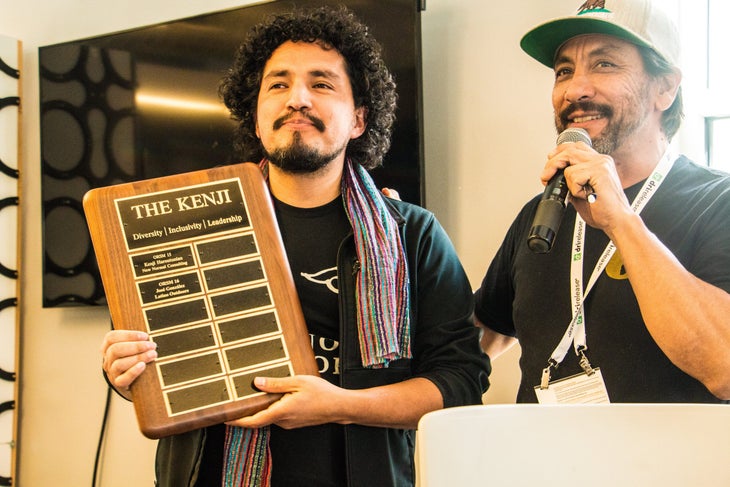
Over the last several years, members of the outdoor industry have gathered to advance the cause of diversity. At the Outdoor Retailer Summer Market in 2013, Kenji Haroutunian, a Japanese-Armenian-American invited a bunch of people to lunch, all individuals who were championing the cause of diversity and inclusion in their organizations. Haroutunian has quietly continued this work with his bi-annual luncheon called the DEI Forum. This year’s event will likely host more than 100 industry professionals, diversity advocates, and allies.
After years of speculation on the issue of diversity in outdoor recreation it seems the industry is at last rising up to address the challenge head on. While many CEOs will likely struggle with how best to act on the desire to make their businesses more inclusive, more and more resources are becoming available to help them achieve this goal.
The outdoor industry has collectively acknowledged the need to do better. Now we just have to put our money where our mouth is.

